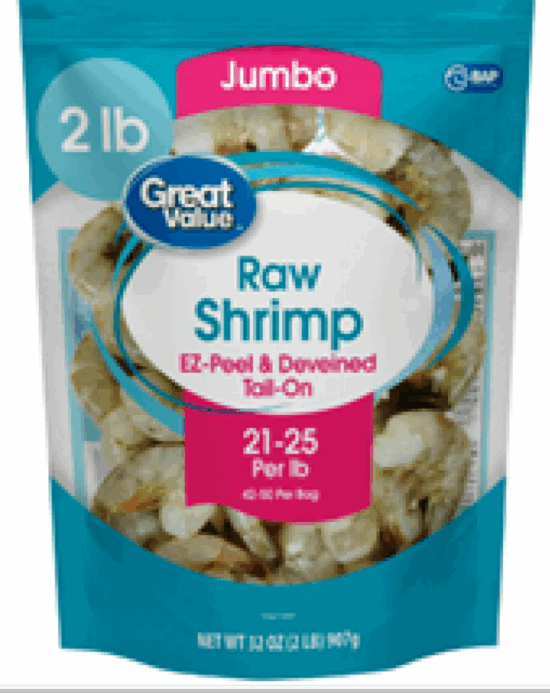The Make America Healthy Again (MAHA) Commission released its 20-page Strategy Report on Tuesday, indicating that the federal government will pursue a range of food and food safety policies simultaneously, rather than the traditional one-at-a-time approach.
Robert F. Kennedy Jr. remains as controversial as ever, despite holding down the position of Secretary of Health and Human Services (HHS). And there’s plenty of time left in the second Trump administration for him to have a profound impact, positive or negative, if he succeeds in enacting the MAHA strategy.
Reactions to the MAHA strategy, given its multifaceted agenda, were both positive and negative, depending on the interest involved. Pesticide policy topped the list.
The San Francisco-based Center for Food Safety (CFS) said the MAHA strategy “appeared to have abandoned its earlier recognition of the harms pesticides cause to children’s health. Unfortunately, the final report confirms our fears and fails to offer any concrete regulatory steps towards achieving the Commission’s stated goals.”
The CFS, which has long sought to roll back agriculture’s dependence on harmful pesticides, said the MAHA strategy “doubled down on hollow rhetoric. Its only mention of pesticides is an Orwellian promise to ensure ‘confidence in EPA’s robust pesticide review procedures’ — procedures courts have repeatedly found unlawful and that frontline communities know cannot be trusted. Instead, it says that it will speed up pesticide approval and it will ‘partner’ with the pesticide industry to ‘educate’ the public about the ‘robust review’ of EPA’s regulation of pesticides to provide the public with ‘confidence.’ “
What the CFS dislikes about the report does not concern the American Soybean Association (ASA). It expressed “cautious optimism” about the MAHA agenda and “thanked the administration for increasing engagement with agricultural stakeholders since the May report.”
The ASA has 26 affiliated state associations representing 30 soybean-producing states and nearly 500,000 soybean farmers.
“Soybean farmers are thankful the MAHA Commission recognized EPA’s approval process as the global gold standard,” said ASA President Caleb Ragland. “Between the May report and today’s strategy, the Commission was accessible and open to learning more about modern farming practices. We truly felt like we had a seat at the table, and for that, we are incredibly appreciative.”
The MAHA strategy acknowledges the EPA’s pesticide approval as “robust and science-based, which, for soybean farmers, is a welcome shift from earlier critiques—and highlights the benefits of precision agriculture while proposing policies to expand access to these tools.”
The official long title for the MAHA Commission report is the Make Our Children Healthy Again Strategy. It includes more than 120 initiatives said to reverse the “failed policies” that are causing America’s childhood chronic disease epidemic. The strategy themes are targeted executive actions to advance gold-standard science, realign incentives, increase public awareness, and strengthen private-sector collaboration.
The American Heart Association offered a comprehensive reaction, saying it “shares the goal of creating a healthier future for our children free of preventable chronic diseases” and “sees opportunities to add to and build upon several of the report’s many recommendations to have the greatest positive impact on the nation’s health.”
It is called “The Dietary Guidelines for Americans (DGAs), an essential tool to promote science-based recommendations that shape federal food and nutrition programs, inform national nutrition policy, and empower individuals and families to make healthier choices.”
It states that the best available nutrition science emphasizes eating fruits and vegetables, legumes, nuts, whole grains, and healthy plant-based sources of protein, as well as lean cuts of animal protein and low-fat/fat-free dairy. The DGAs should also emphasize the use of liquid plant oils while minimizing trans fats, processed meat, sodium, added sugars, and saturated fat.
The American Heart Association advocates for increased research funding on ultra-processed foods (UPFs). “We have long supported federal policies and programs, including SNAP, WIC, school meals, Medicaid, and the Affordable Care Act, to address chronic disease and improve public health,” the AHA statement says.
Among the specific objectives contained in the strategy are these:
Ultra-Processed Foods: USDA, HHS, and FDA will continue efforts to develop a U.S. government-wide definition for “ultra-processed food” to support potential future research and policy activity.
Nutrition Labeling: FDA will consider revisions to its proposed Front-of-Pack Nutrition Information and rulemaking based on input received during the comment period and the forthcoming DGAs, once released, and will work toward the development of a potential Front-of-Pack Nutrition Information final rule.
GRAS Reform: FDA will update regulations to reform the generally recognized as safe (GRAS) designation, within the scope of statutory authority, by closing the “GRAS loophole,” implementing a mandatory GRAS notification program, and increasing consumer transparency with respect to substances found in our nation’s food supply.
Food Allergies: FDA will develop guidance on diagnostics and treatments for food allergies. The FDA will also make recommendations about requiring transparency in the disclosure of ingredients that impact certain health conditions, such as gluten for individuals with Celiac disease, and other established food allergens.
Infant Formula: FDA will modernize nutrient requirements for formula, increase testing for heavy metals and other contaminants to help ensure access to high-quality and healthy infant formula sold in the United States, and encourage companies to develop new infant formulas.
“For too long, health care has used a reactive approach to chronic diseases,” FDA Commissioner Martin Makary said. “I am pleased to support the findings of the MAHA commission and to promote a more proactive approach, tackling root causes undermining the health and happiness of American children.”
(To sign up for a free subscription to Food Safety News, click here.



